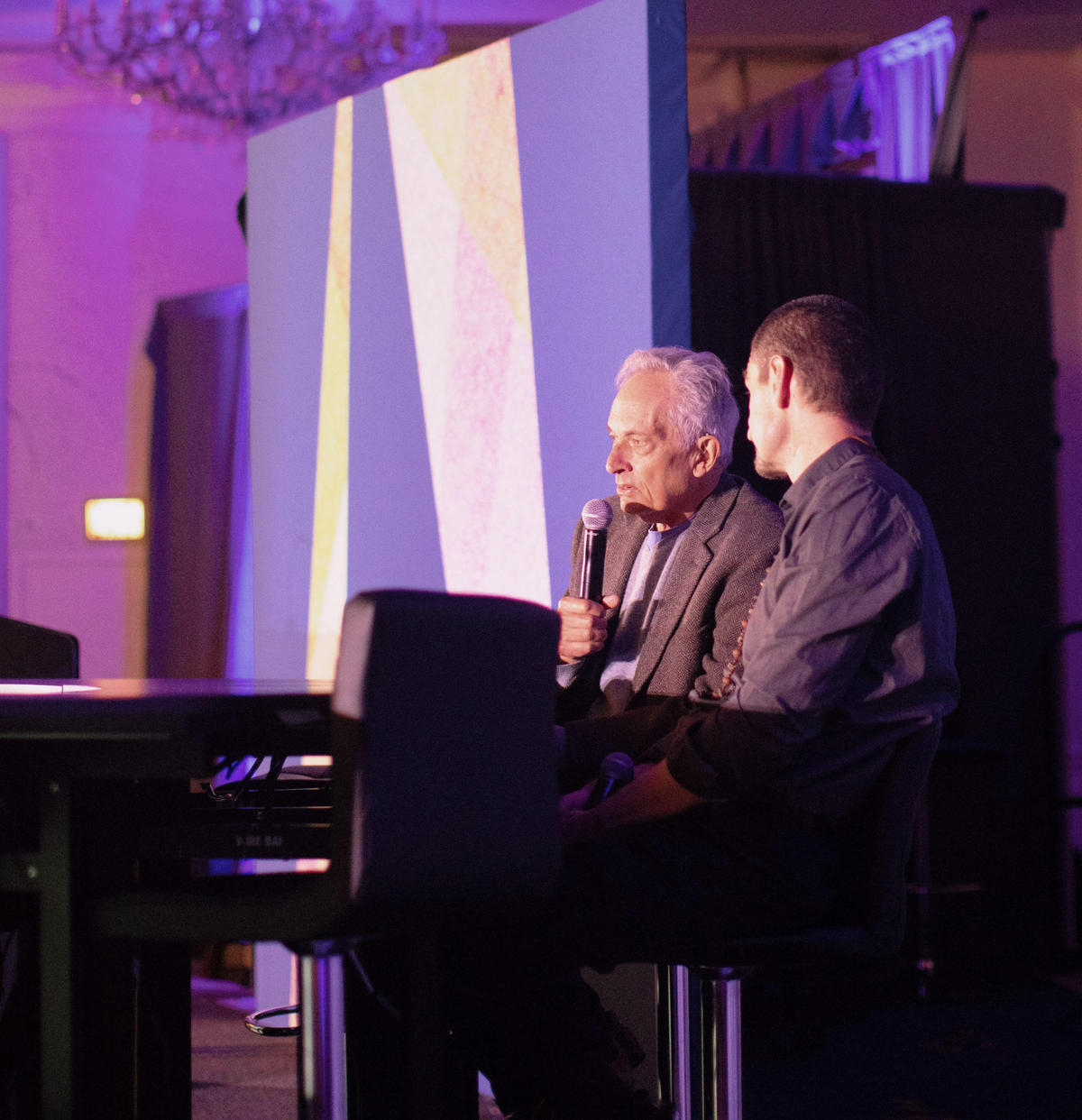BAD FAITH screened at theology conference
A new documentary about Christian nationalism was featured at the Yale Public Theology and Public Policy Conference on Monday.

Courtesy of Franklin Golden
Students, faculty and religious leaders gathered at the Omni New Haven Hotel on April 8 at 7 p.m. to learn about the dangers of Christian nationalism through a visual medium — film.
The Yale Public Theology and Public Policy Conference took place from April 7 to 9 and was centered around the question, “What Are the Moral & Spiritual Issues Facing Our Democracy in the 2024 Presidential Election?” One such answer came in the form of “BAD FAITH,” a documentary about the growth of Christian nationalism in the United States. Directed by Stephen Ujlaki and Chris Jones, the film heavily featured the Rev. William Barber, founding director of the Center for Public Theology and Public Policy at the Yale Divinity School.
“We interviewed people who wrote books and conducted extensive research,” Uljak said of the process. “And we also went online and found clips of Christian nationalists and evangelicals and what they were saying.”
Engaging with religious leaders, journalists, legislators and activists, the documentary’s team began piecing together the origins and subsequent spread of Christian nationalism. Uljak said that included insights about the influence of major conservative organizations and their campaign of disinformation.
According to Anne Nelson ’76 — an author, journalist and lecturer at Columbia who specializes in international affairs, media and human rights — the collapse of local newspapers has also contributed to the loss of access to fact-based journalism. Mentioning the takeover of many local television stations by media groups Fox News and Sinclair, she attributed the spread of disingenuous rhetoric to this replacement of regional media organizations with national, agenda-driven outlets.
Nelson is the author of Shadow Network, a book about fundamentalist organizations like the Council for National Policy, but she said film as a medium is particularly effective in articulating the harms of Christian nationalism. Lauding the film’s use of archival footage, she said it was thrilling to see visuals about the topics she has spent so much time researching and delving into. Noting audience reactions to the film, she emphasized that the use of found footage is particularly moving.
“When those scenes show up, it’s almost like they [the viewers] stop breathing,” Nelson said. “That’s the power of documentary.”
The film, which had its theatrical release on March 29 in Los Angeles, has been screened at the Palm Springs International Film Festival and New York’s Cinema Village. With screenings at conferences like this week’s, Ujlaki said he hopes to educate communities across the country about the threat Christian nationalism poses to American democracy.
Both Ujlaki and Nelson expressed their goal of galvanizing young people. Ujlaki teaches at Loyola Marymount University, where he said most of his students are not fully aware of the threat posed by Christian nationalists.
Avery Lenihan ’27, a first-year from Kentucky, said that documentaries like Ujlaki’s are especially important for students at Yale and other elite universities.
“People from the backgrounds that Yale disproportionately draws from can often struggle to understand how deeply woven Christianity is into the fabric of many rural communities,” she said. “Because geographic barriers prevent many from ever visiting these spaces, documentaries serve a key role in bridging the cultural divide.”
Noting that in many regions across the United States, the Church serves as a primary community center, Lenihan added that Christianity is a source of hope for many white Americans who feel economically disenfranchised. Many of the churches they attend are susceptible to exploitation by far-right organizations, which Ujluk said are often targeted by large conservative organizations.
For Nelson, Christian nationalism is dangerous to the freedoms of the American people. Echoing her concerns, Ujlaki urged active engagement from all sectors of society to counter the spread of misinformation and defend the principles of democracy.
“Change depends on journalists and universities to help spread the word about what’s at stake,” he concluded.
“BAD FAITH” will be available for streaming on April 26.
Correction, April 13: A previous version of this article incorrectly spelled director Stephen Ujlaki’s name and gave the wrong graduation year for Avery Lenihan. The article has been corrected with these changes.







